News
+ more news
New version of the AtlantOS Ocean Data QC software
Friday, 20 December 2019
This is to let you know that a new version of the AtlantOS Ocean Data QC software is available. The highlighted new features of this version include: (i) export current plot images in a single PDF, (ii) if Octave path is not detected automatically, it can be set manually. You can download the installer from the GitHub repository here or you can just upgrade the app if you already have it installed in the system.

Global Carbon Budget 2019 published
Thursday, 12 December 2019
We would like to let you know that the Global Carbon Budget 2019 has now been published. Please see the Global Carbon Project website (http://www.globalcarbonproject.org) to access the highlights, paper, data, and a number of figures, infographics and videos related to the annual update of the global carbon budget and trends for the year 2018, and projections for 2019. You may also want to visit the Global Carbon Atlas http://www.globalcarbonatlas.org to explore in detail global and national CO2 emissions.
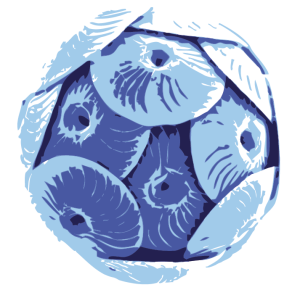
5th Symposium on the Ocean in a High-CO2 World: Call for Abstracts
Friday, 29 November 2019
We would like to let you know that the call for abstracts is open for the 5th Symposium on the Ocean in a High-CO2 World which will take place in Lima, Peru from 7-10 September 2020. The Symposium is the place to share cutting-edge science in a rapidly developing frontier of research dealing with the science of ocean acidification and other drivers of change. The Symposium will feature keynote talks by some of the leading experts in the field, as well as special events on ocean acidification and aquaculture, carbonate chemistry, and the Latin American Ocean Acidification Network (LAOCA).
Abstract submission deadline: 6 March 2020. For more information on the Symposium themes, abstract submissions and meeting details, please visit the Symposium website at http://www.highco2-lima.org.
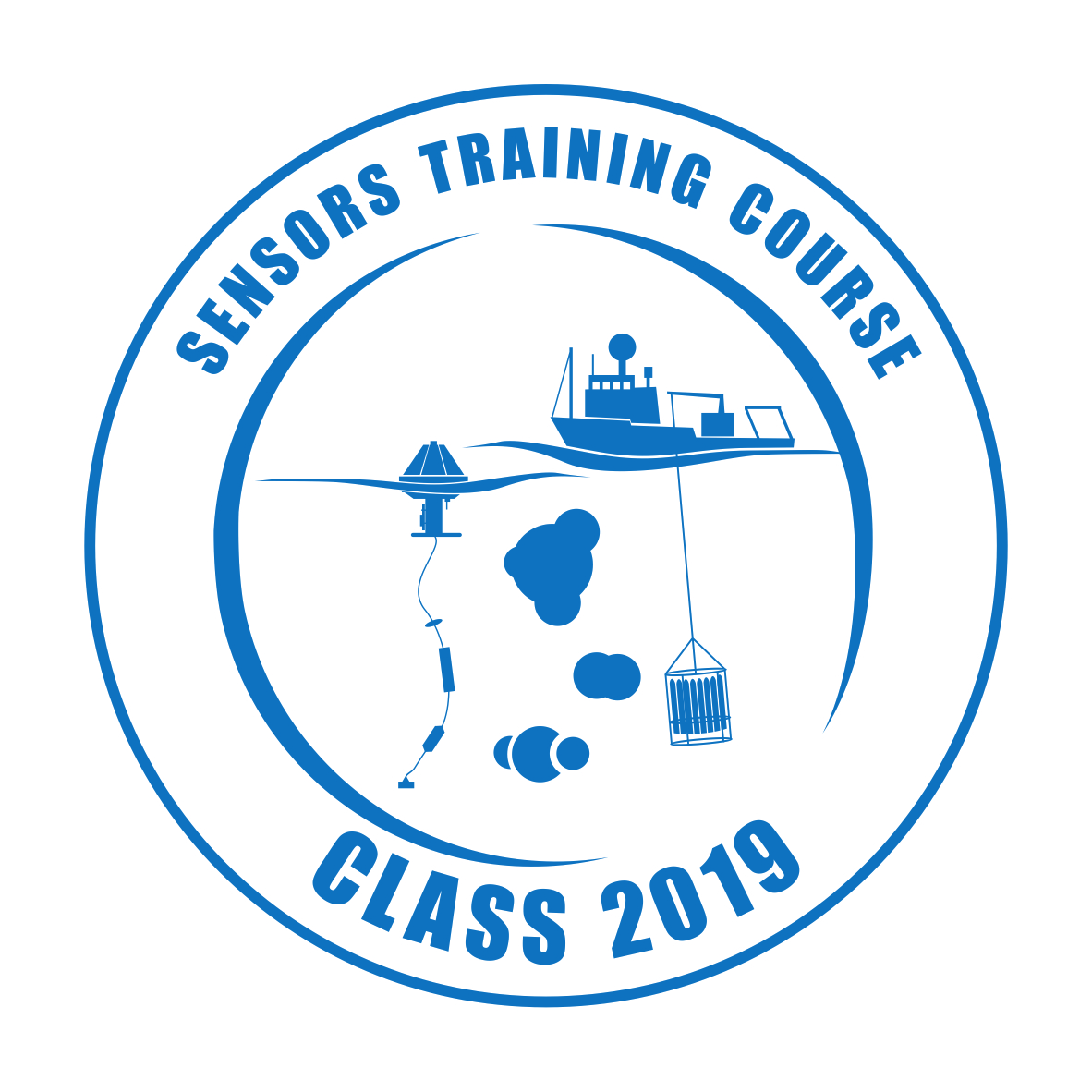
IOCCP - BONUS INTEGRAL Biogeochemical Sensors Training Course - Lectures available online and Eos article published!
Friday, 08 November 2019
We are excited to share with you an online version of the IOCCP - BONUS INTEGRAL Training Course on a Suite of Biogeochemical Sensors. Thanks to the Ocean Teacher Global Academy (OTGA), a project of IOC/IODE (International Oceanographic Data and Information Exchange of the Intergovernmental Oceanographic Commission of UNESCO), we have uploaded slides and many hours of video recordings covering the entire theoretical part of the course. The online materials are available freely and openly via the professional education platform of OTGA here: https://classroom.oceanteacher.org/course/view.php?id=394. Use the 'login as guest' option to access without registration.
We encourage you to send us feedback on the course materials so that we know if these are useful to you, and also how we can improve the course in the future. Please spread the news among your networks, and if you're on Twitter, use the hashtag #SensorsTraining2019 along with @ioccp_org and @BonusIntegral.
At the same time, we are happy to share with you the just published Eos article on "Training the next generation of marine biogeochemists" in which the course organizers share their perspectives on the experience and anticipated impact of the training course held in June in Sweden. If you're keen on learning more about this technical capacity building initiative, check out the course website at: http://www.ioccp.org/2019-training-course
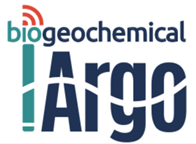
Presentations and recommendations of the 8th BGC-Argo Data Management meeting
Monday, 04 November 2019
We would like to let you know that the various presentations and recommendations of the 8th Biogeochemical Argo Data Management meeting (Villefranche-sur-Mer, October 14-15, 2019) are now available to view and download from the website here: http://biogeochemical-argo.org/past-meetings-2019-admt20.php
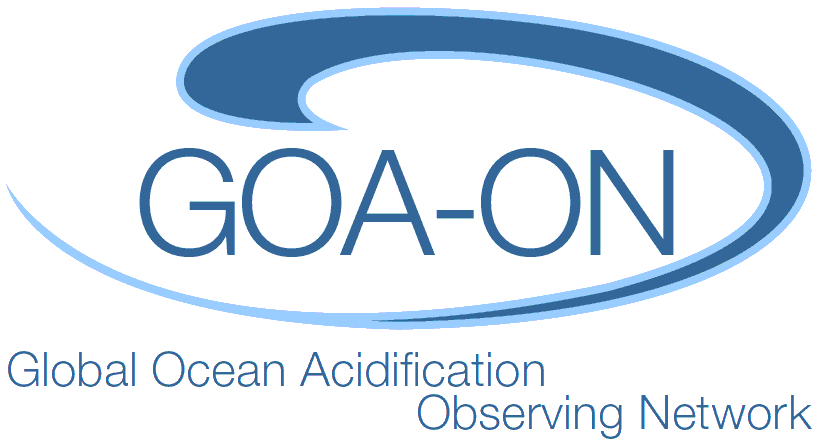
Near real-time biogechemical data from Chilean moorings available now on GOA-ON Data Portal
Tuesday, 29 October 2019
We would like to let you know that the first near-real time data streams from time-series stations in South America are now available online on the Global Ocean Acidification Observing Network (GOA-ON) Data Portal. Biogeochemical (oxygen, pH) and associated hydrographic data are available from two Chilean stations: Tongoy Balsa mooring in the Coquimbo region, managed by the Center for Advanced Studies in Arid Zones (CEAZA); and the Seno del Reloncaví mooring in northern Patagonia near Puerto Montt, managed by the University of Los Lagos i-mar Center. Data access was facilitated by the CEAZA Met regional system. GOA-ON is working with Chilean partners to integrate data from other stations in the upcoming months. If you are interested in having your ocean acidification data visualized on the GOA-ON Data Portal, please contact the GOA-ON Secretariat at This email address is being protected from spambots. You need JavaScript enabled to view it..
You can read about other OA-related news in the most recent October issue of the GOA-ON newsletter.

Comments sought on draft plan for new biological measurements on GO-SHIP
Thursday, 24 October 2019
We would like to inform you that SCOR WG 154 on Integration of Plankton-Observing Sensor Systems to Existing Global Sampling Programs (P-OBS) is seeking comments on a draft report on "Recommendations for plankton measurements on the GO-SHIP program with relevance to other sea-going expeditions." The report can be found at https://sites.google.com/maine.edu/p-obs/final-draft-report and comments should be sent to Emmanuel Boss (emmanuel.boss[at]maine.edu) by 30 November 2019.
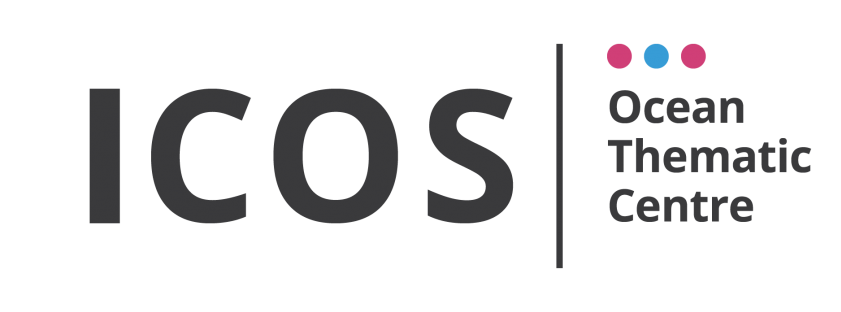
1st ICOS OTC pCO2 instrument inter-comparison, 24 Aug - 4 Sep 2020, Oostende, Belgium
Wednesday, 23 October 2019
We are excited to let you know that the EU Research Infrastructure Integrated Carbon Observation System (ICOS) - Ocean Thematic Centre (OTC) is inviting interested parties to join the 1st ICOS OTC pCO2 instrument inter-comparison. The exercise will take place between 24 August and 4 September 2020 at the Flanders Marine Institute (VLIZ) in Oostende, Belgium. The aim is not only to compare different instrumentation, but also to improve the handling of instrumentation and of data, in order to achieve the best possible measurement quality being delivered. The results will be published preferably in a data paper with actual instrumentation names mentioned.
If you are interested in the inter-comparison, please sign up to the e-mail list here. For details and a tentative timetable of activities see below or on the OTC site here. For further inquiries please contact Tobias Steinhoff from ICOS-OTC (e-mail: tost[at]norceresearch.no).

Changes in SCOR Executive and other updates in SCOR Newsletter #41
Friday, 18 October 2019
We would like to draw your attention to the newest issue of the Scientific Committee on Oceanic Research (SCOR) Newsletter #41. Among other things, you can read about the recent SCOR Annual Meeting, approval of new SCOR WG groups (C-GRASS and DeepSeaDecade) and about changes in SCOR Executive Office. On 1 February 2020 Dr. Patricia Miloslavich will assume duties as the new SCOR Executive Director, replacing Dr. Ed Urban who will step down after serving SCOR for 19 years as its Executive Director.
On behalf of all of IOCCP, we would like to congratulate Patricia on her new appointment. In her capacity as project officer of GOOS Biology & Ecosystems Panel, Patricia has helped develop a strong partnership with IOCCP as GOOS Biogeochemistry Panel. We are excited to be able to work closely together with Patricia in her new role as SCOR Executive Director. At the same time, we want to sincerely thank Ed for his long-standing support for oceanic research in general, and in particular for IOCCP in our mission to promote the development of coordinated and sustained marine carbon and biogeochemistry observations. We wish Ed best of luck in his new endeavours.
8th International Symposium on Gas Transfer at Water Surfaces (GTWS), 19 May – 22 May 2020, Plymouth Marine Laboratory, Plymouth, UK
Wednesday, 16 October 2019
We would like to let you know that the 8th International Symposium on Gas Transfer at Water Surfaces (GTWS), a 5 yearly event, will be held in Plymouth, UK, on 19-22 May 2020. The focus is on the physicochemical and biogeochemical processes that govern atmosphere-water gas exchange and fluxes, which include turbulence, shear, breaking waves, bubbles and natural and anthropogenic surfactants. The scope of the conference covers all domains where atmosphere and water meet, which include but are not limited to, fresh water, estuarine, mountain, glacial, marine (coastal and open ocean) and polar regions. Topics include: field observations, laboratory and numerical studies, near-surface processes, biological effects including surfactants, the micro-layer, remote sensing, global scale processes and many more.
Financial support to help support Early Career Scientists and to promote women in science is provided by the European Space Agency (ESA). The deadline for applying for early career support is 15 November 2019. Further information can be found at www.pml.ac.uk/GTWS2020 and in the flyer attached. For any queries contact: This email address is being protected from spambots. You need JavaScript enabled to view it.
The IOCCP promotes the development of a global network of ocean carbon observations for research through technical coordination and communication services, international agreements on standards and methods, and advocacy and links to the global observing systems. The IOCCP is co-sponsored by the Scientific Committee on Oceanic Research and the Intergovernmental Oceanographic Commission of UNESCO. Read more…
Calendar
|
|
IOCCP meetings, IOCCP-related meetings as well as events related to a wider scope in marine biogeochemistry. |



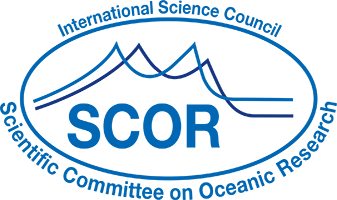

 Please wait...
Please wait...